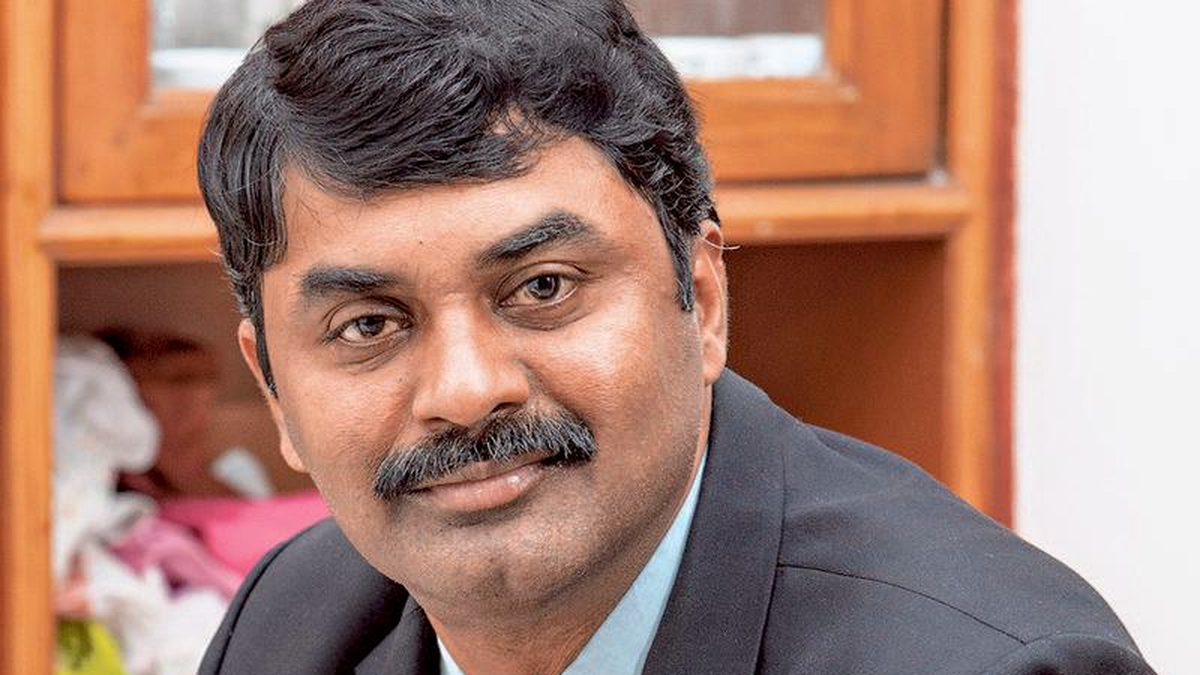
A constitutional court exercising its writ jurisdiction under Article 226 of the Constitution will be doing violence to the Constitution if it entertains prayers on caste basis, says judge.
| Photo Credit: FILE PHOTO
Justice D. Bharatha Chakravarthy said, whenever a temple frames a scheme for its administration, it should be kept in mind that trustees do not get appointed on the basis of their caste but only on the basis of their divine thoughts and impeccable character.
The observations were made while disposing of a case filed by an individual for framing a scheme to appoint non-hereditary trustees to Varatharaja Perumal and Senraya Perumal temples, located at Aavalappatti village in Pollachi taluk of Coimbatore district, from among individuals belonging to a particular caste.
After hearing the petitioner’s counsel as well as Special Government Pleader (Hindu Religious and Charitable Endowments department) N.R.R. Arun Natarajan, the judge expressed disappointment over the entire affidavit, filed in support of the writ petition, having proceeded only on the basis of caste.
“Caste is a social evil. Casteless society is our constitutional goal. Anything towards perpetuation of caste can never be considered by any court of law. The reason is very simple. Firstly, it is not decided by what one learns or does in life. It is by birth. Thus, it hits at the very basic ethos of the society that all men are born equal,” the judge wrote.
He also said that caste divides society, leads to discrimination and violence and also hampers growth. “Caste system leads to the perversion of the goals and values of society. Thus, any prayer which has the effect of perpetuation of caste will not only be unconstitutional but would be opposed to public policy. The time has come for this court to emphatically declare so,” the judge added.
Asserting that nobody could understand religion better than Swami Vivekananda, Justice Chakravarthy said, if religion and worship were for the benefit of the soul, then one must remember Vivekananda’s words that “the soul has neither sex nor caste nor imperfection.”
He went on to quote B.R. Ambedkar to have said: “In India there are castes. The castes are anti-national. In the first place because they bring about separation in social life. They are anti-national also because they generate jealousy and antipathy between caste and caste. But we must overcome all these difficulties if we wish to become a nation in reality.”
Thus, a constitutional court exercising its writ jurisdiction under Article 226 of the Constitution would be doing violence to the Constitution if it entertains prayers on caste basis, the judge concluded with a rider that if at all caste could be taken into account for anything, it could only be done for providing reservation and positive discrimination to uplift the downtrodden/backward classes.
Published – February 15, 2025 12:03 am IST



